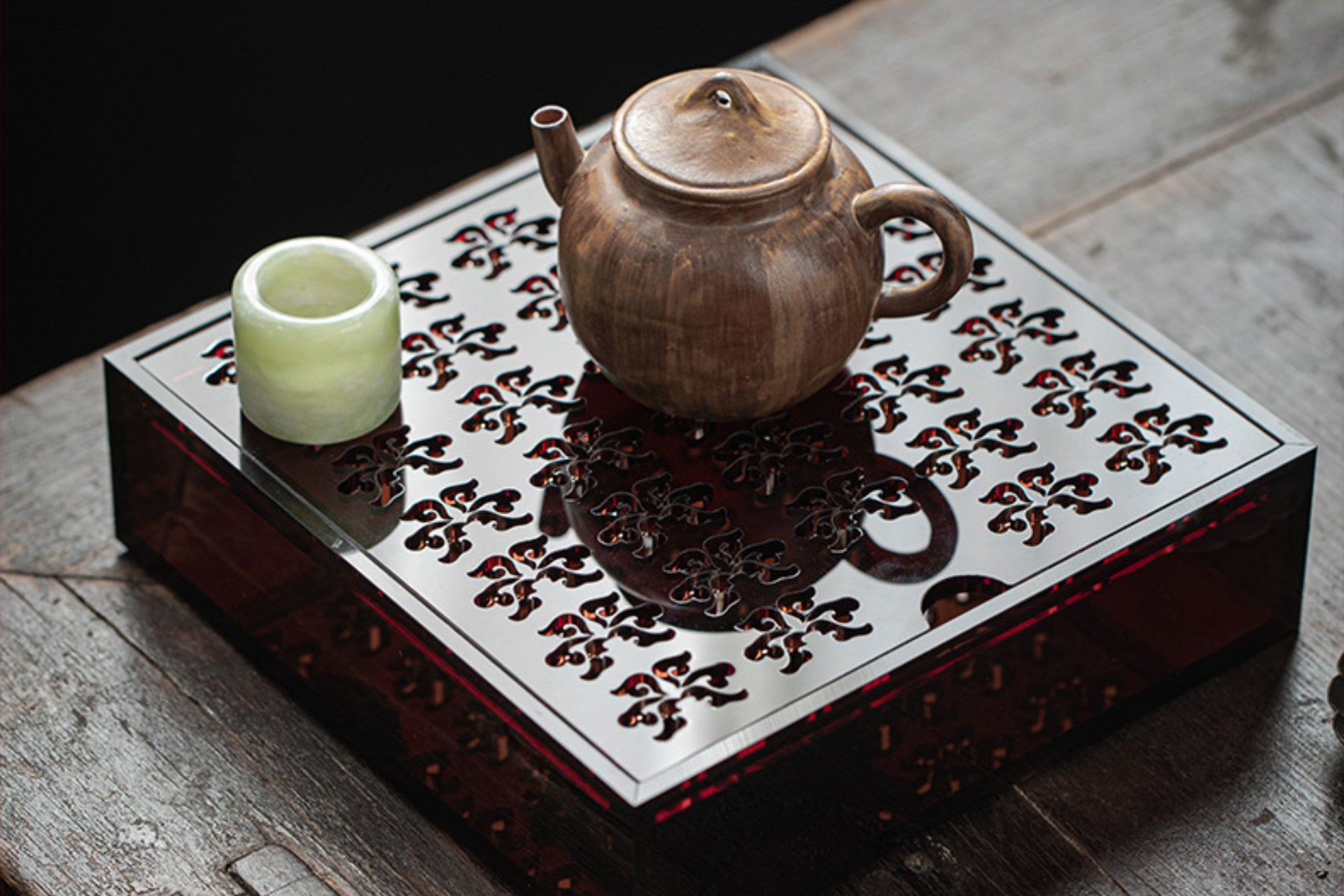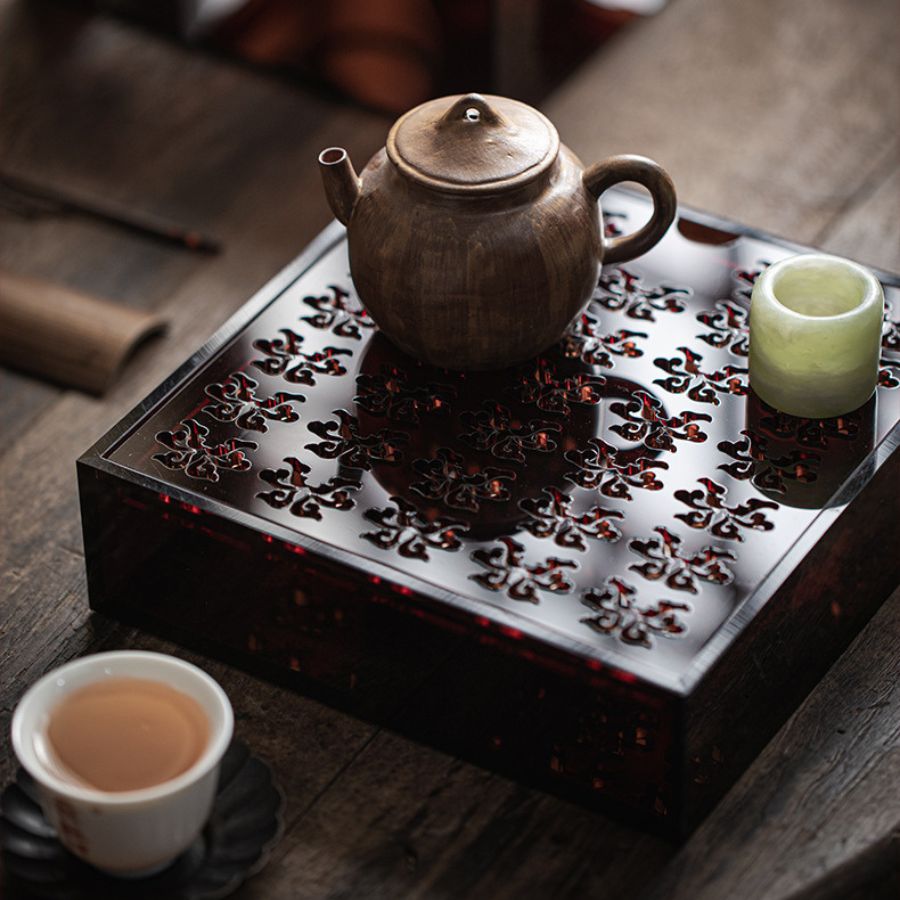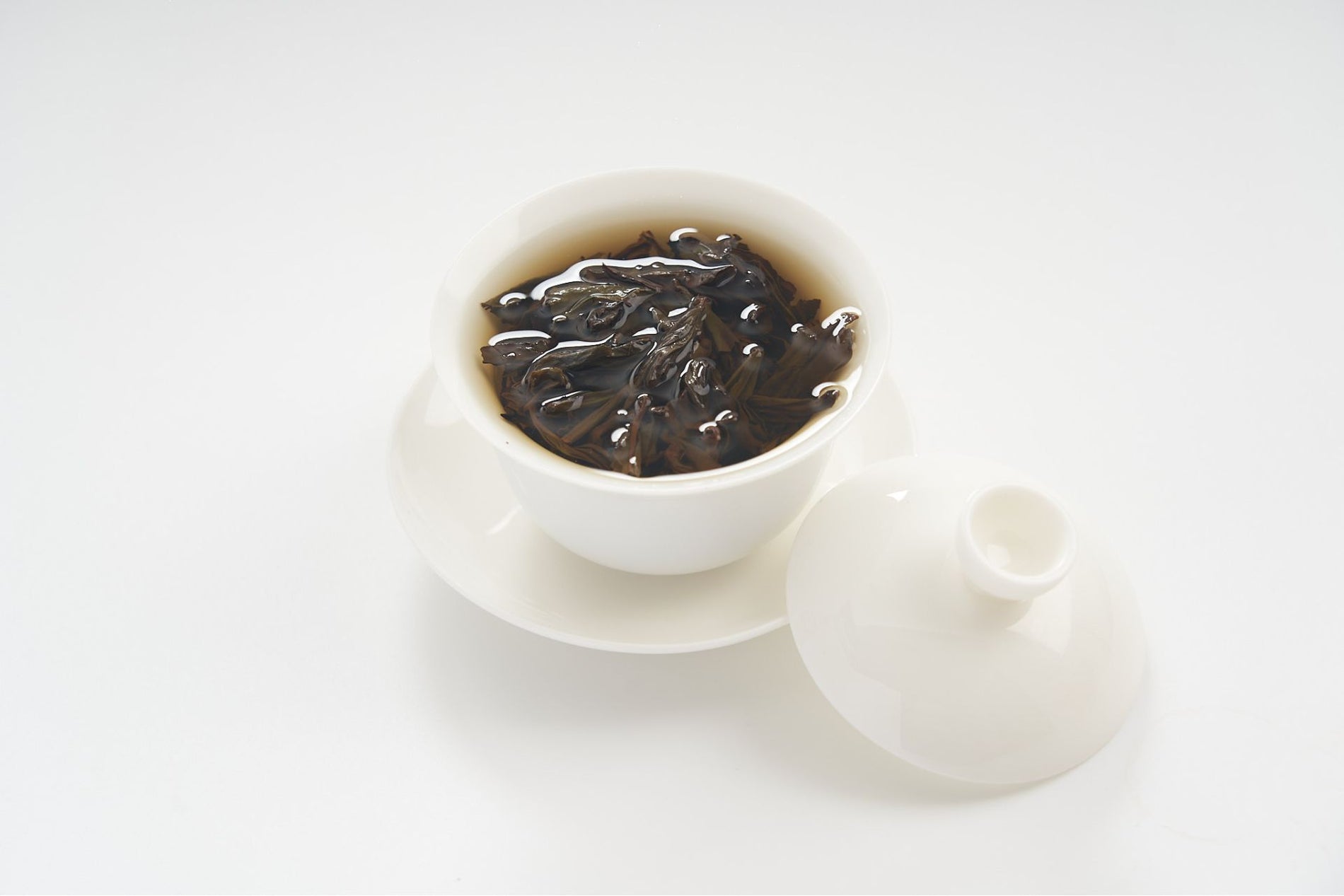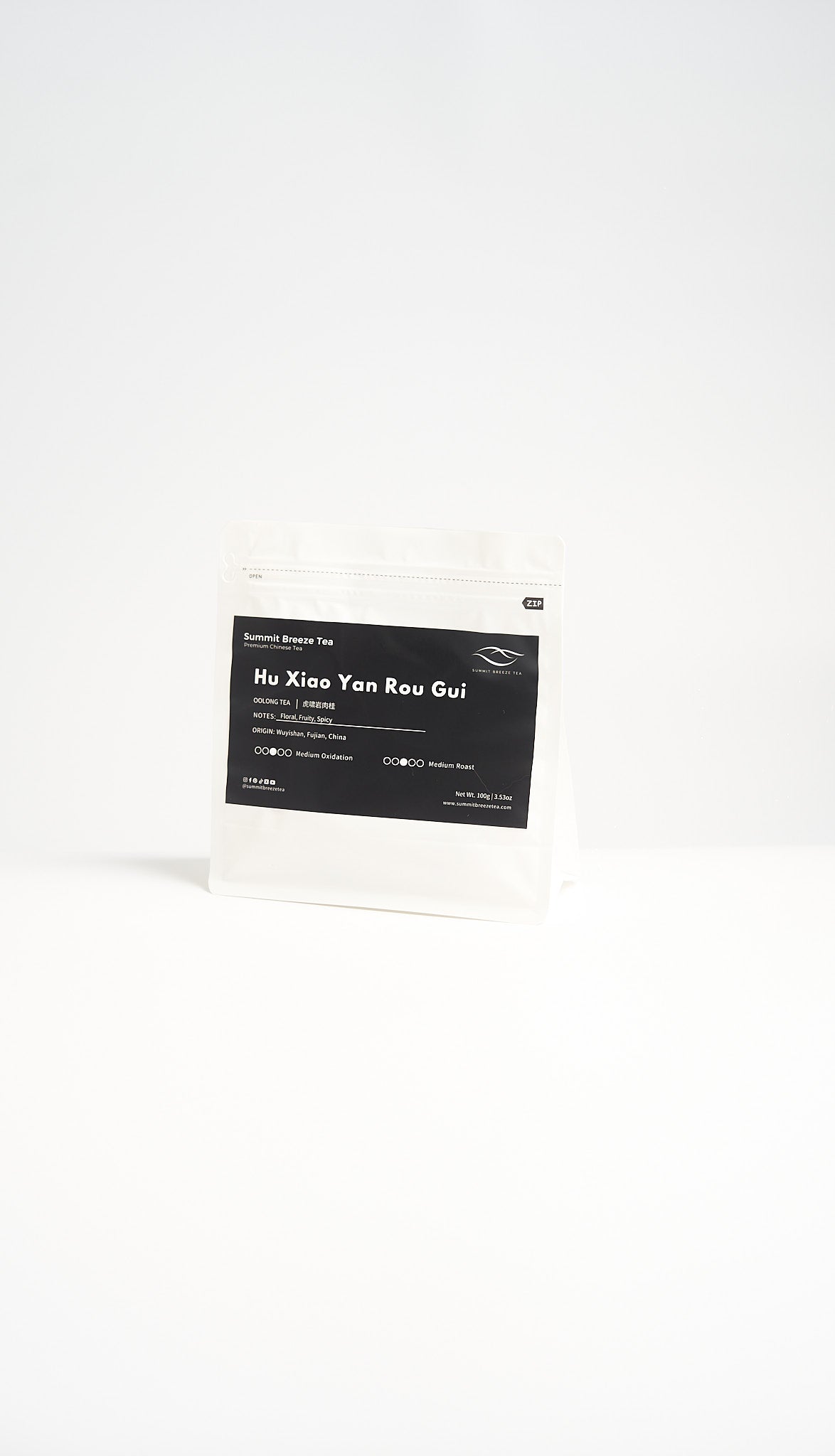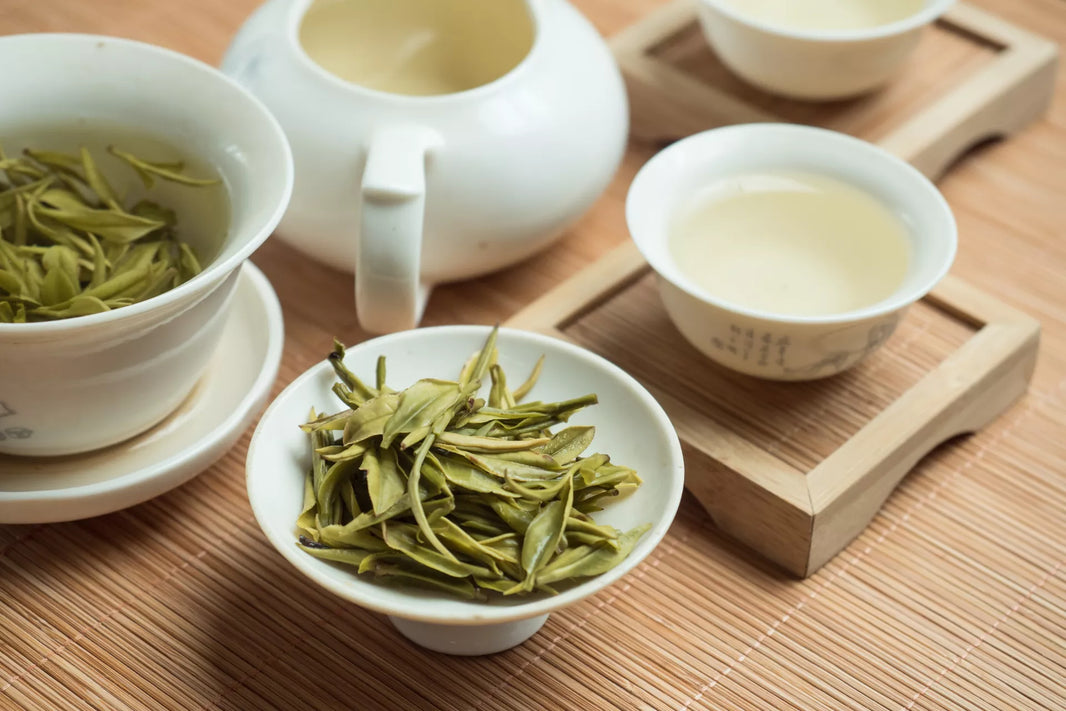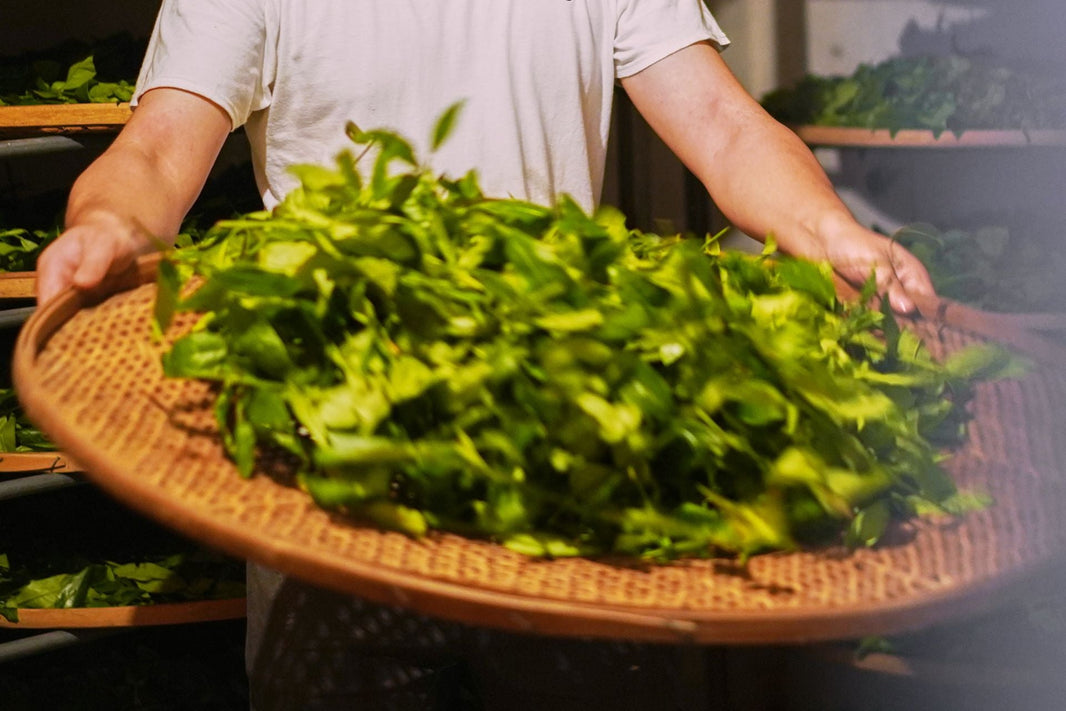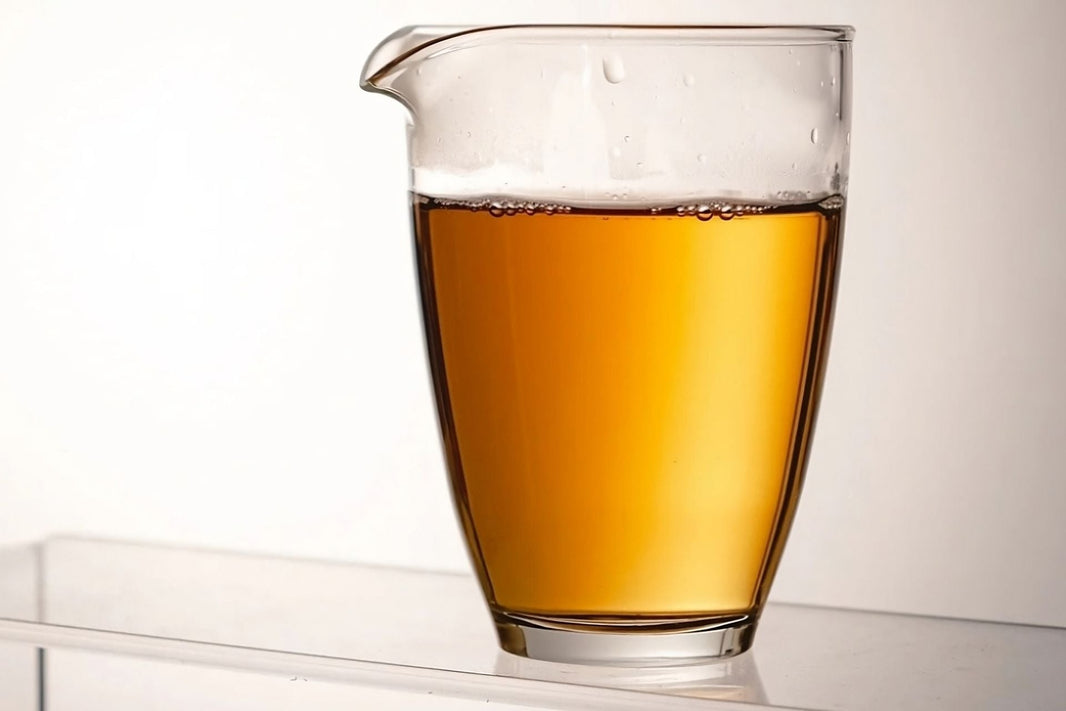Do you enjoy drinking oolong tea but worry that its caffeine content might affect your sleep? You may not need to worry too much.
Each 240ml (8 oz) cup of oolong tea contains only 30-70 mg of caffeine. The caffeine in tea is released slowly during steeping, so it might not make you feel as stimulated as coffee does.
This article discusses the caffeine content of different types of oolong tea and compares the caffeine levels in oolong tea and coffee.
Let's dive into the secrets of oolong tea's caffeine!
What Is Oolong Tea?
Oolong tea originates from China, with famous production regions in Fujian, Guangdong, and Taiwan.
Fujian oolong is divided into southern Fujian oolong and northern Fujian oolong. The well-known Tie Guan Yin belongs to southern Fujian oolong, while northern Fujian oolong is represented by Wuyi rock tea.
Oolong tea is a semi-oxidized tea, also known as qing cha (blue-green tea) in China. It has a rich aroma, with floral and ripe fruit scents being its characteristic features.
Does Oolong Tea Have Caffeine?
Yes, you heard that right—oolong tea contains caffeine. The caffeine content in tea leaves is influenced by many factors, such as the type of tea, processing methods, and harvest time. For example, early-harvested tea leaves typically contain more caffeine than those harvested later.
Since oolong tea is semi-oxidized, its caffeine content falls between that of green tea and black tea. Typically, each 240ml (8 oz) cup of oolong tea contains 30-70 mg of caffeine. Below is the approximate caffeine content for some common types of oolong tea:
- Tie Guan Yin: About 30-50 mg per 8 oz
- Da Hong Pao: About 40-70 mg per 8 oz
- Phoenix Dan Cong: About 30-60 mg per 8 oz
- Taiwanese Oolong: About 40-60 mg per 8 oz

How Much Caffeine Is in 1 Gram of Oolong Tea?
Research shows that the caffeine content in dry tea leaves is approximately 2-3% of their weight. This means that 1 gram of oolong tea can yield about 20-30 mg of caffeine.
If you consume 6 grams of oolong tea in a day, the maximum caffeine intake could range from 120-180 mg. Of course, these numbers aren’t exact, as factors such as harvest time and processing methods can affect the caffeine content.
Oolong Tea vs. Coffee: Caffeine Content
A typical 8 oz cup of oolong tea contains 30-70 mg of caffeine, while an 8 oz cup of coffee usually contains 80-100 mg, depending on the type of coffee.
So, can you drink oolong tea before bed? The answer is: yes, you can.
While both oolong tea and coffee contain caffeine, they affect the body differently. Coffee tends to rapidly increase the caffeine concentration in your blood, making you feel energized. It can also cause some people to feel jittery or experience a racing heart, especially if they are sensitive to caffeine.
On the other hand, the caffeine in tea is released more slowly and steadily. Tea also contains L-theanine, an amino acid that promotes relaxation. As a result, tea provides an alert feeling without the anxiety or nervousness that coffee can cause.
Personally, I enjoy brewing gongfu tea late at night when it’s quiet—it’s a calming ritual that helps me relax. That said, if you have trouble sleeping, it's best not to drink too much tea late at night.
How Much Oolong Tea Can You Drink Per Day?
Many health guidelines recommend that adults limit their daily caffeine intake to no more than 400 mg. So, if you’re drinking up to 5 cups of oolong tea a day, each cup being 8 oz, you don’t need to worry about caffeine overstimulation.
However, everyone’s tolerance to caffeine is different. If you want to reduce the side effects of caffeine, you can try the gongfu tea brewing method.
Gongfu tea usually involves multiple infusions, with the first infusion containing the most caffeine. You can choose to discard the first infusion to reduce your caffeine intake while still enjoying the unique floral and fruity aromas of oolong tea.
Conclusion
The caffeine content in oolong tea is influenced by many factors. Compared to coffee, oolong tea tends to provide a gentler and more relaxing effect.
If you're worried about caffeine but want to enjoy oolong tea, choose lighter-fermented types. Use the gongfu brewing method. This will help you reduce your caffeine intake while fully appreciating the rich flavors of oolong tea.


